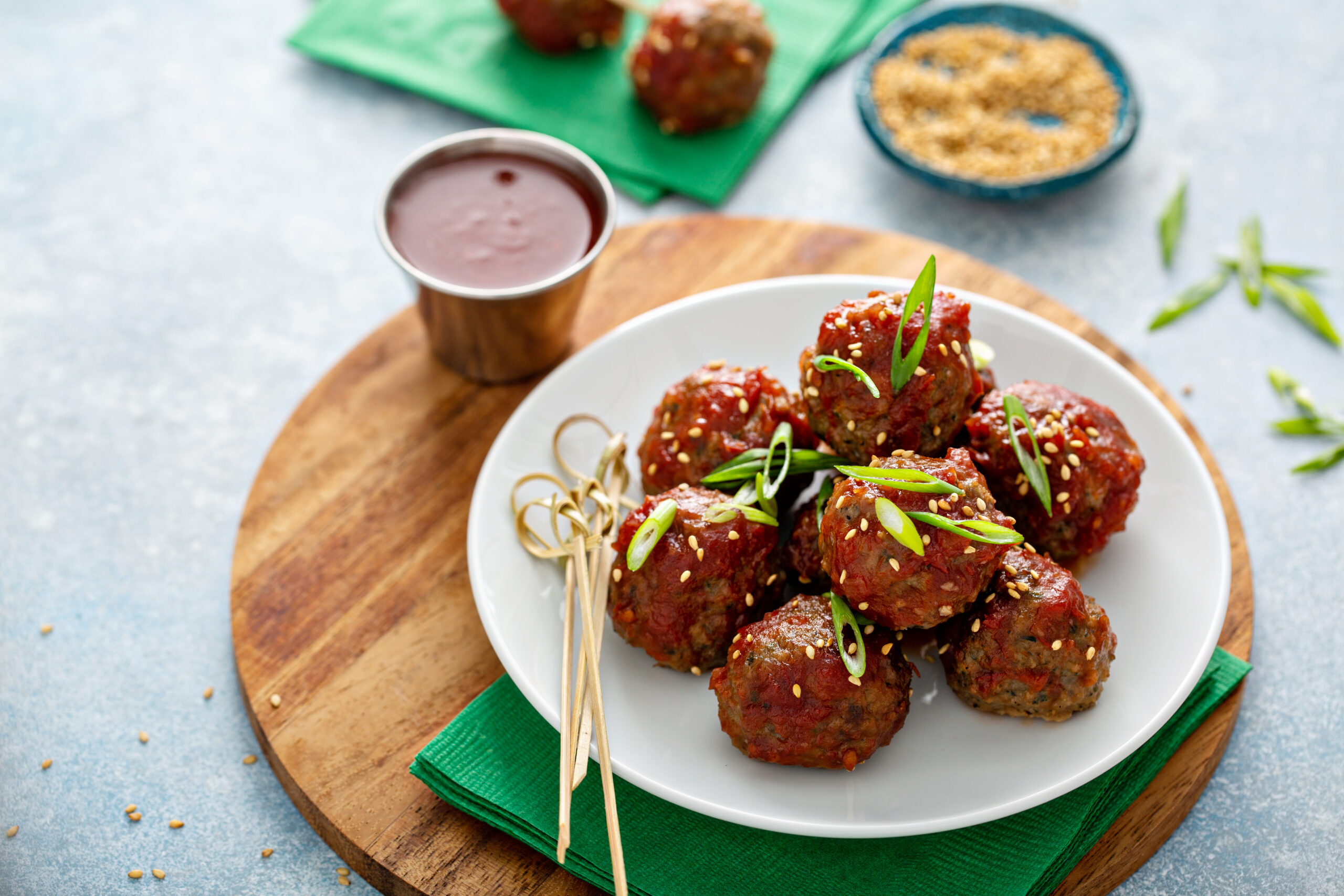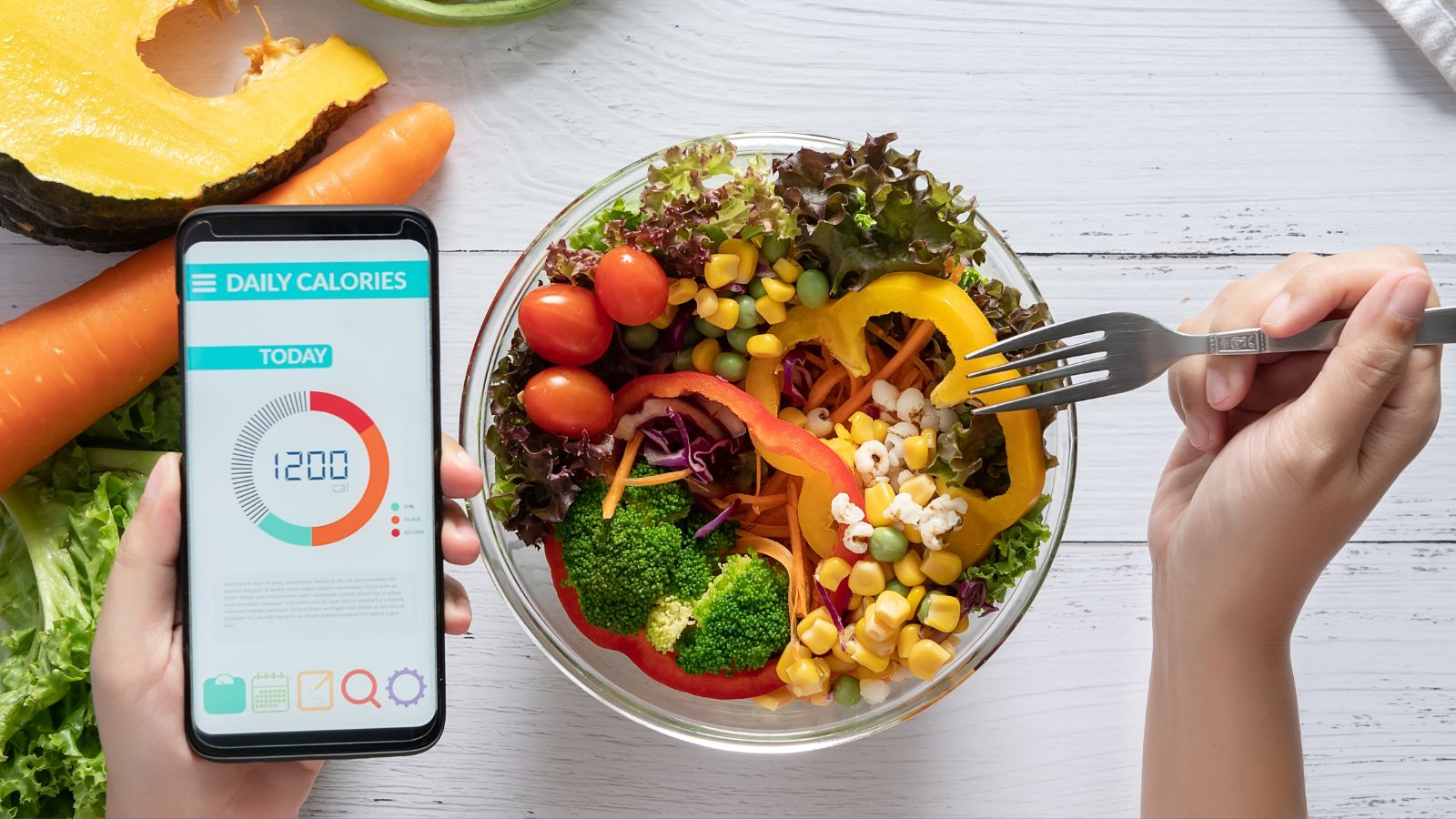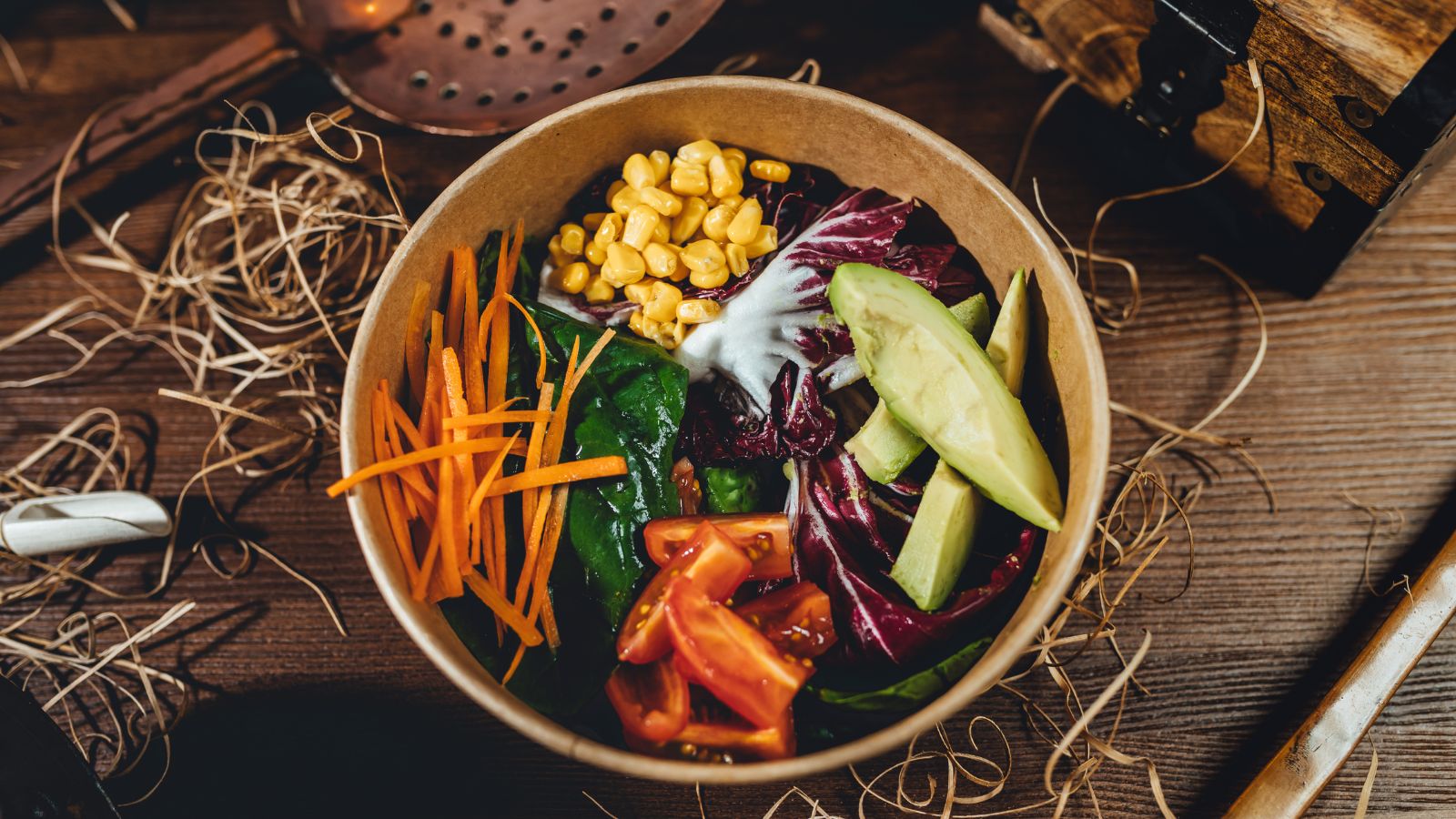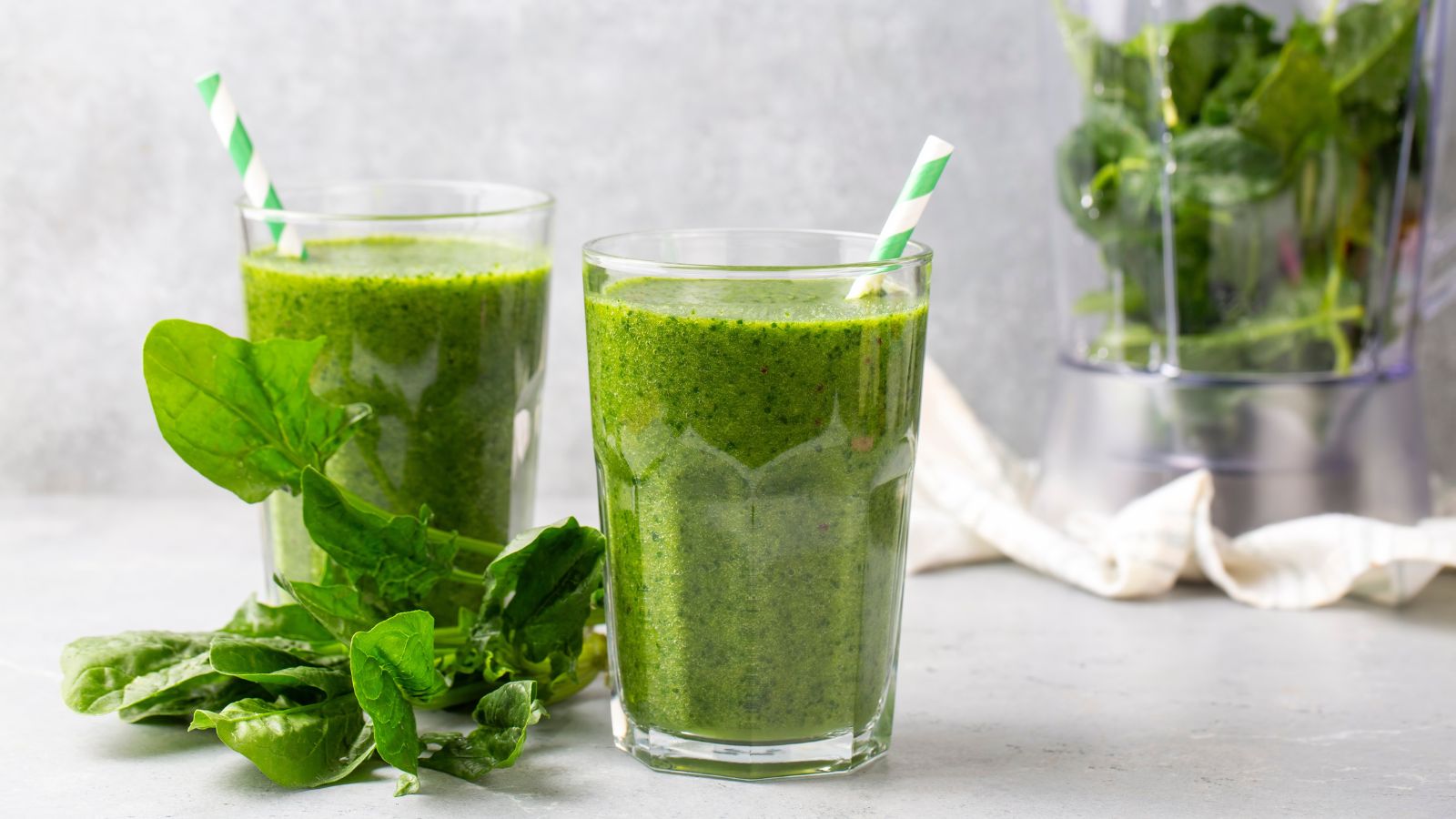Wherever we look there seems to be new advice on how to live healthily and lose weight. While there’s lots of great advice put out by professionals, there’s also lots of misinformation, particularly on social media. We look at 19 myths about healthy living that need to be debunked:
Myth: You Need to Drink 8 Glasses of Water a Day

The “8×8” rule (eight 8-ounce glasses of water daily) is a widely accepted guideline, but it’s not one-size-fits-all. The amount of water you need depends on your body size, activity level, climate and diet. Hydration also comes from food and other beverages, so strictly adhering to this rule may not be necessary.
Myth: Detox Diets Cleanse Your Body

Detox diets and cleanses are marketed as ways to rid your body of toxins, but the body already has a sophisticated detox system—the liver, kidneys and digestive system. There’s no scientific evidence supporting the effectiveness of detox diets. Instead, a balanced diet with adequate fiber and hydration supports natural detoxification.
Myth: Carbs Are the Enemy

Carbohydrates have been vilified in recent years, especially with the rise of low-carb diets like keto. But, not all carbs are bad. Complex carbohydrates found in whole grains, fruits and vegetables are essential for energy and overall health. Cutting out carbs entirely can lead to nutrient deficiencies and energy loss.
Myth: You Need Supplements for Every Nutrient

The supplement industry has grown exponentially, but most people don’t need a plethora of supplements if they have a balanced diet. Whole foods provide a complex array of nutrients that supplements can’t fully replicate. But, certain groups, like pregnant women or vegans, may need specific supplements like folic acid or vitamin B12.
Myth: You Should Avoid All Fats

The low-fat craze of the past has led many to believe that all fats are harmful. In reality, healthy fats, like those found in avocados, nuts and olive oil, are essential for brain health, hormone production and cell function. The key is to focus on unsaturated fats and limit trans and saturated fats.
Myth: Organic Food Is Always Healthier

While organic foods are free from synthetic pesticides and fertilizers, they are not necessarily more nutritious than conventionally grown foods. The health benefits of organic foods often depend on the type of food and how it’s prepared. For many, the high cost of organic products may not be justified by marginal nutritional differences.
Myth: You Must Exercise Every Day

While regular exercise is crucial for overall health, the belief that you must work out every single day can lead to burnout or injury. Rest days are just as important as workout days because they allow your muscles to recover and prevent overtraining.
Myth: Skipping Breakfast Is Bad for You

Breakfast has long been considered the “most important meal of the day,” but research shows that skipping breakfast doesn’t necessarily have negative effects on metabolism or weight. What’s more important is overall nutrient intake and maintaining balanced meals throughout the day.
Myth: You Can Out-Exercise a Bad Diet

Exercise is an important part of a healthy lifestyle, but it’s not a free pass to eat whatever you want. A poor diet can’t be offset by exercise alone. Proper nutrition is essential for weight management, energy levels and overall health.
Myth: All Calories Are Equal

While a calorie is a unit of energy, not all calories have the same impact on your body. Calories from processed foods high in sugar and fat can lead to weight gain and other health issues, while calories from nutrient-dense foods like vegetables and lean proteins support overall health.
Myth: Low-Fat and Fat-Free Foods Are Healthier

Many low-fat and fat-free products compensate for the loss of flavor by adding sugar or other additives, which can be detrimental to your health. It’s often better to choose the full-fat version of a product and consume it in moderation.
Myth: Eating Late at Night Causes Weight Gain

The timing of your meals isn’t as important as the total amount of calories consumed throughout the day. Eating late at night won’t cause weight gain if you’re within your daily caloric needs. But, late-night snacking often leads to consuming extra calories, which can contribute to weight gain.
Myth: Gluten-Free Diets Are Healthier for Everyone

Gluten-free diets are essential for those with celiac disease or gluten intolerance, but for the general population, there’s no evidence that a gluten-free diet offers health benefits. In fact, many gluten-free products are lower in fiber and higher in sugar and fat.
Myth: Juicing Is the Best Way to Get Nutrients

Juicing removes the fiber from fruits and vegetables, which is essential for digestive health and satiety. While juices can be a good source of vitamins and minerals, whole fruits and vegetables are generally more beneficial because they contain fiber and are less concentrated in sugars.
Myth: More Protein Equals More Muscle

While protein is vital for muscle growth, consuming more protein than your body needs doesn’t result in extra muscle gain. The body can only use a certain amount of protein at a time and excess protein is often stored as fat or excreted.
Myth: Fresh Produce Is Always Better Than Frozen

Fresh fruits and vegetables are nutritious, but they can lose nutrients during transportation and storage. Frozen produce is often picked and frozen at peak ripeness, preserving most of its nutrients. In some cases, frozen produce can be more nutritious than fresh.
Myth: All Smoothies Are Healthy

Smoothies have a healthy reputation, but not all are created equal. Many store-bought or café smoothies contain high amounts of sugar and calories, often turning what seems like a healthy choice into a calorie bomb. Making smoothies at home with whole ingredients and minimal added sugars is a better option.
Myth: Eating Small Meals Throughout the Day Boosts Metabolism

The idea that eating small, frequent meals boosts metabolism and promotes weight loss is a common belief. But, what truly matters is the total calorie intake and the quality of the foods you consume. Whether you eat three meals a day or six, your metabolism will function similarly, so long as you’re consuming the same amount of calories.
Myth: A Vegan Diet Is Automatically Healthy

A vegan diet can be healthy, but it’s not inherently so. Like any diet, its healthfulness depends on food choices. Highly processed vegan foods, such as fake meats and vegan desserts, can be high in sugars, unhealthy fats and additives. A balanced vegan diet rich in whole foods, like fruits, vegetables, legumes and whole grains, is key to achieving the full health benefits.
18 Reasons Why People Are Leaving Florida in Masses

Exploring factors that impact the desirability of living in Florida, this list delves into various challenges shaping residents’ experiences. From environmental concerns like rising sea levels to economic factors such as fluctuating job markets, these issues collectively contribute to a nuanced understanding of the state’s appeal.
18 Reasons Why People Are Leaving Florida in Masses
